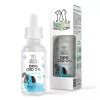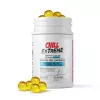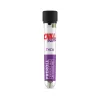Are you familiar with 7-Hydroxymitragynine, also known as 7-Hydroxy or simply 7OH?
This potent alkaloid, found naturally in the Kratom plant, is praised for its potential pain-relieving and mood-boosting properties.
Kratom is gaining widespread attention. As more people learn about 7-Hydroxy products, questions about its legal status in the United States continue to surface.
So, is 7OH legal in the United States? And more granularly, is it legal in your state? Keep reading to find out more about this controversial compound, its effects, and legality.

What Is 7-Hydroxymitragynine (7OH)?
7-Hydroxymitragynine, often referred to as 7-Hydroxy or 7OH, is a naturally occurring alkaloid found in the Kratom plant (Mitragyna speciosa).
This plant thrives in the tropical regions of Southeast Asia, particularly in countries like Thailand, Indonesia, and Malaysia.
7OH is not just another compound within Kratom; it plays a crucial role in its effects. It’s considered one of the most potent alkaloids in the plant, responsible for much of Kratom’s pain-relieving and euphoric properties.
This powerful alkaloid interacts with opioid receptors in the brain, which explains its ability to provide relief from pain and enhance mood.
For this reason, many users turn to Kratom as a natural alternative to prescription medications, particularly for managing chronic pain, boosting energy, or improving overall well-being.
However, the potency of 7OH also means that it should be used responsibly, as overuse could lead to unwanted side effects such as tolerance or dependency.
It’s worth noting that while 7OH is naturally present in Kratom, its concentration is relatively low in raw Kratom leaves.
Most Kratom products undergo processing to enhance or isolate this compound, making it more effective for users seeking targeted effects. This has made 7OH a focal point of both interest and scrutiny within the Kratom community.
Federal Legal Status of 7OH in the U.S.
On the federal level, 7OH is not classified as a controlled substance, which makes it legal across the country. However, its growing popularity has drawn the attention of federal regulatory bodies:
- The Drug Enforcement Administration (DEA): While Kratom is listed on the DEA’s “Drugs of Concern” list due to its potential health risks and misuse, it has not been classified as a Schedule I substance.
- The Food and Drug Administration (FDA): The FDA has expressed safety concerns about Kratom, urging caution when using it. Although federally legal, Kratom and its components, including 7OH, are under FDA scrutiny due to limited research on long-term effects.
This heightened attention from the FDA and DEA creates a regulatory gray area, leaving states to decide their own Kratom-related laws.
State Regulations on 7OH and Kratom
Without federal oversight, states have established their own rules regarding Kratom and 7OH. While some states permit unrestricted use, others have imposed bans.
The following states have made Kratom and 7OH illegal:
- Alabama
- Arkansas
- Indiana
- Rhode Island
- Vermont
- Wisconsin
In these states, possessing, selling, or using Kratom or 7OH is prohibited.
Meanwhile, other states have opted for less restrictive measures, such as imposing age limits or requiring clear labeling on Kratom products.For example:
- Florida (Excluding Sarasota County): Kratom is legal throughout Florida, except in Sarasota County, where local authorities have enacted a ban. Outside of this area, residents can purchase and use Kratom without issue.
- Illinois (Excluding Certain Cities): While Kratom is legal across most of Illinois, some municipalities, such as Jerseyville and Alton, have implemented bans. Additionally, the state has age restrictions, limiting sales to individuals aged 18 and older.
- New York: Kratom is legal, but lawmakers have proposed regulations requiring proper labeling and warnings on Kratom products to protect consumers. These measures aim to ensure transparency and prevent misuse.
- California (Excluding San Diego): Kratom is permitted throughout California except in the city of San Diego, where a local ordinance prohibits its sale and use.
These examples highlight how Kratom’s legal status can vary not just from state to state but even between counties or cities. For users, understanding the specific regulations in their area is crucial for compliance.
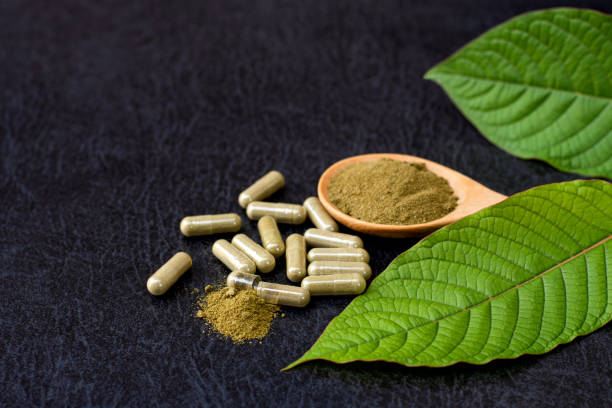
Why Is 7OH Subject to Scrutiny?
The growing interest in 7-Hydroxymitragynine and Kratom has led to increased regulatory attention for several reasons:
- Safety Concerns: Both the FDA and DEA cite potential side effects, including withdrawal, dependency risks, and negative interactions with medications.
- Limited Research: While proponents highlight Kratom’s benefits, high-quality, standardized studies confirming its safety and effectiveness are still lacking.
- Natural Pain Relief Potential: Advocates argue that 7OH could serve as a natural alternative to prescription painkillers, especially opioids. This potential has piqued the interest of those seeking less addictive options.
The Future of 7OH and Kratom in the U.S.
The legal status of 7OH and Kratom will likely evolve based on several factors:
- Advancing Research: As scientists conduct more studies on Kratom and 7OH, the results may provide clearer evidence about its safety and benefits.
- Advocacy Efforts: Supporters continue to push for safe and regulated access to Kratom, emphasizing its natural origins and potential health benefits. This advocacy could influence regulators to adopt more favorable policies.
- Changing State Laws: Some states may reassess their current stances, potentially tightening restrictions or, conversely, implementing legalization frameworks.
No matter what the future holds for Kratom and its alkaloids, including 7OH, it’s wise to stay on top of new research surrounding the topic. At Diamond, we advocate for safe and informed use of any sort of psychoactive substance, and 7-Hydroxy is no different.
We encourage you to do your own research on the potential benefits and possible side effects of 7-Hydroxy, as well as what kind of dosage is right for you depending on your desired effects.
If you’re interested in a more in-depth look at 7-Hydroxy, check out our deep dive: What is 7-Hydroxy? What You Need to Know About 7-OH!
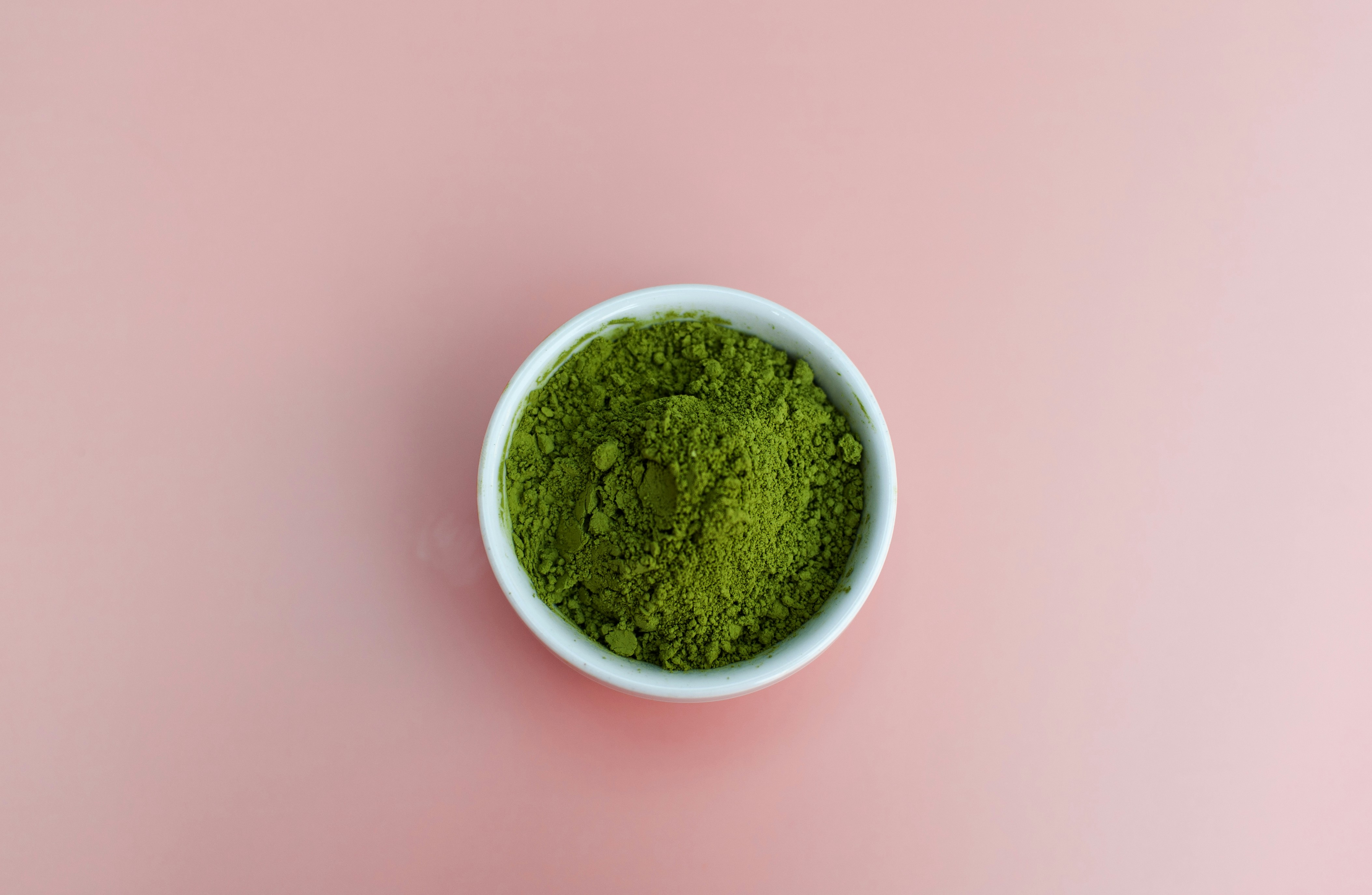
Sourcing 7OH from Reputable Brands
As the popularity of 7-Hydroxymitragynine and Kratom grows, so does the number of sellers entering the market.
However, not all vendors provide high-quality or safe products, making it essential to source 7OH and Kratom from reputable brands.
Here at Diamond CBD, we take pride in standing as your trusted provider in this space. We’re committed to transparency and quality, and all the products we offer are rigorously tested to ensure they meet high safety standards.
When purchasing Kratom or 7OH products, here are some tips to keep in mind:
- Look for Lab Testing: Reputable brands will provide third-party lab results that verify the purity and potency of their products. Diamond CBD makes these test results easily accessible to customers.
- Check Customer Reviews: Reviews from verified buyers can provide insights into a product’s effectiveness and quality.
- Prioritize Transparency: Choose brands that disclose their sourcing, manufacturing processes, and ingredient lists.
With Diamond CBD, you can shop confidently, knowing our products are crafted with care and meet stringent quality standards.
If you’re considering trying 7OH, starting with a trusted brand like Diamond CBD is a smart way to ensure a safe and positive experience.
In Conclusion: Is 7OH Legal or Not?
So, is 7OH legal? The answer is complex.
While 7OH remains legal at the federal level, some states have taken a stricter approach by banning its use and sale.
As debates over Kratom and its alkaloids continue, it’s vital for users and advocates to stay informed. Understanding the balance between potential health benefits and public safety concerns is key to navigating this ongoing discussion.
The future of 7-Hydroxymitragynine and Kratom will likely depend on further research, evolving public opinion, and regulatory decisions at both state and federal levels.




